Short-term students who wish to study Japanese intensively
In the Japanese Language and Culture Program, students can study Japanese language and culture intensively. During the spring semester (April to end of July), students take 9 classes (13.5 hours) per week, and during the fall semester (mid-September to beginning of February), students take 10 classes (15 hours) per week. Classes are small and level-based, and the content is compatible with the Japanese Language Proficiency Test.
Sample Timetable
| Monday | Tuesday | Wednesday | Thursday | Friday | |
|---|---|---|---|---|---|
| 9:30-11:00 | Japanese Culture | ||||
| 11:15-12:45 | Japanese Writing | Japanese Grammar | Kanji and Vocabulary | Japanese Grammar | Japanese Culture |
| 13:35-15:05 | Japanese Society | Japanese Reading | Japanese Culture | Japanese Reading | Japanese Culture |
| 15:20-16:50 | Japanese Listening and Speaking | Japanese Listening and Speaking | Japanese Culture |
For those who wish to study Japanese while taking undergraduate classes
Japanese language classes are also offered to international students taking undergraduate courses at Chubu University.
Students can take 2-6 classes (3-9 hours) per week in both the spring semester (April to end of July) and the fall semester (mid-September to beginning of February). The enrollment in Japanese language courses will be determined based on the results of the Japanese language assessment test after the student’s arrival in Japan, and in consultation with the professor at Chubu University. In total, students take more than 10 classes (15 hours) in Japanese and undergraduate classes.
Sample Timetable (Classes in red are examples of undergraduate auditing courses)
| Monday | Tuesday | Wednesday | Thursday | Friday | |
|---|---|---|---|---|---|
| 9:30-11:00 | Advanced Japanese Reading and Writing | Advanced Japanese Listening and Speaking | Japanese Culture | Advanced Japanese Reading and Writing | Japanese Culture |
| 11:15-12:45 | Introduction to Japanese Language Education | PASEO | Japanese Culture | ||
| 13:35-15:05 | Japanese Society | Introduction to Japanese Linguistics | Japanese Culture | ||
| 15:20-16:50 | Lectures on Japanese Language Education | Japanese Teaching Method | Modern Japanese Theory | Japanese Culture |
Features of the Japanese Language and Culture Program
- Small group classes, 5 levels
- It is possible to take only Japanese courses intensively.
- Students who have equivalent to JLPT N2 level or above may audit undergraduate classes.
- Students who study Japanese intensively in the first semester and are recognized as being equivalent to the N2 level of the Japanese Language Proficiency Test may audit undergraduate classes from the second semester.
- The Japanese culture program includes two one-day trips, one overnight stay, two tea ceremony and two flower arrangement classes, as well as experiential learning.
- Tea ceremony and flower arrangement classes are held in the on-campus tearooms.
- Students will stay in the on-campus student dormitory, where Japanese Resident Advisors (RAs) will support them in their daily life and interactions.
Japanese Culture Class
In the Japanese Culture class, students can experience various things such as tea ceremony and flower arrangement, day trips to watch a sumo wrestling match or make pottery, and overnight trips to Nara and Kyoto.
Overnight Trip to Nara
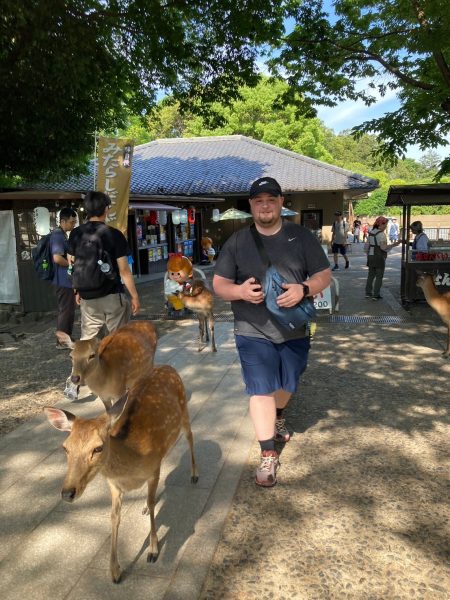
This is a spring overnight trip. Visit famous temples such as Horyu-ji, Yakushi-ji, and Todai-ji, as well as Nara Park and the Ninja Museum in Iga.
Ise Day Trip
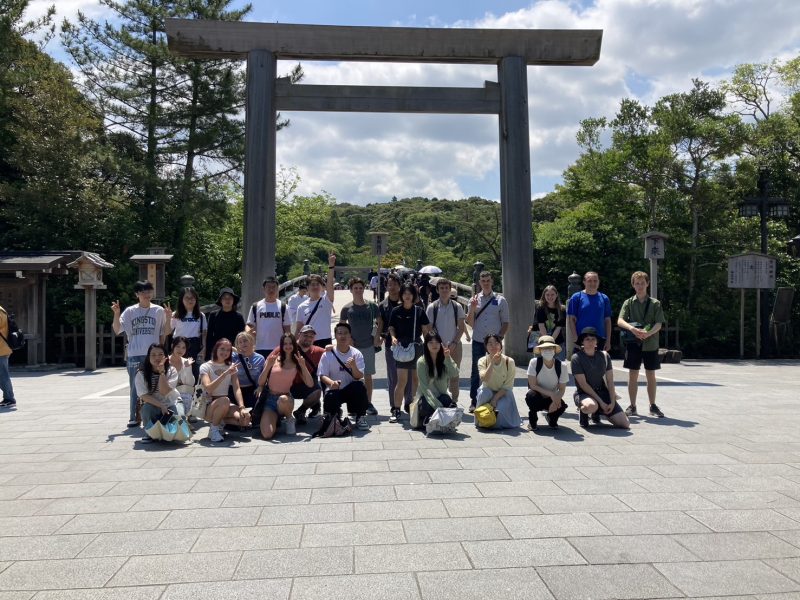
For the spring day trip, students visit Ise Jingu Shrine and play by the water at Futami Okitama Shrine, where you can see famous rocks.
Watching Sumo Wrestling
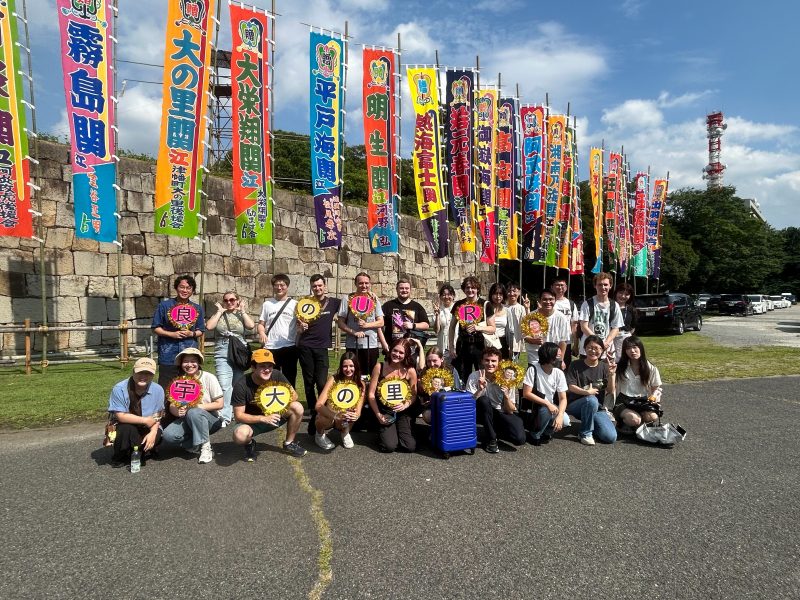
In the spring, students can also watch the Grand Sumo Tournament in Nagoya at the Aichi Prefectural Gymnasium.
Overnight Trip to Kyoto
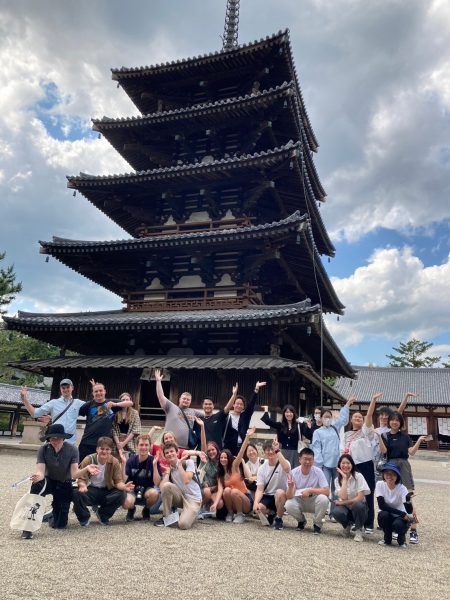
For the fall overnight trip, students visit Kinkaku-ji Temple, Fushimi-inari Shrine and Nijo-jo Castle. Free time in Arashiyama and in Kiyomizu-dera Temple are also included.
One-day Trip to Takayama

In the autumn, students take a trip to visit the old streets of Hida Takayama. Enjoy gourmet foods such as Hida beef and Hoba sushi.
Seto Pottery Experience
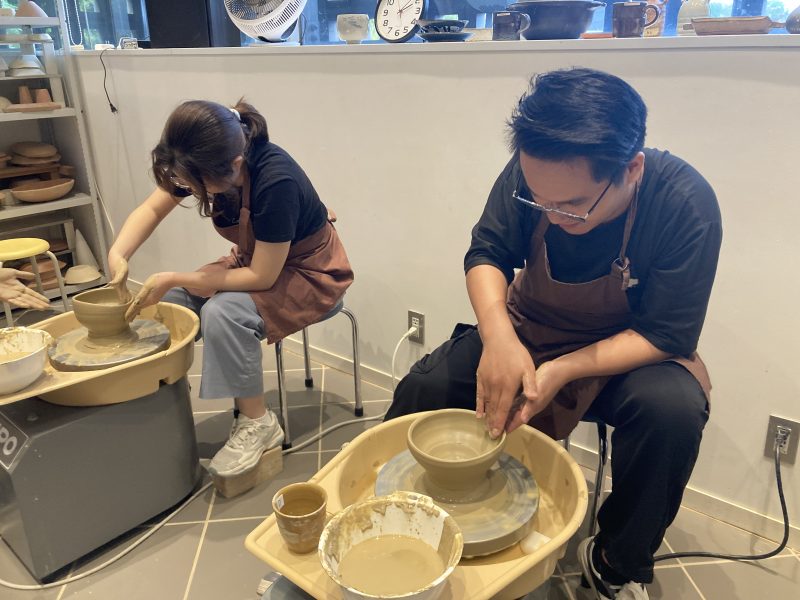
For the autumn day trip, students go to the Aichi Prefectural Museum of Ceramic Art. Participants will create their own clay pottery, such as plates and character figurines.
Tea Ceremony

Practice making matcha in a tea room in Chubu University. Seasonal Japanese sweets are also delicious to the eyes.
Flower Arrangement

Create Ikebana flower. Under the teacher’s careful guidance, you will be able to create wonderful works of art.
Elementary School Visit
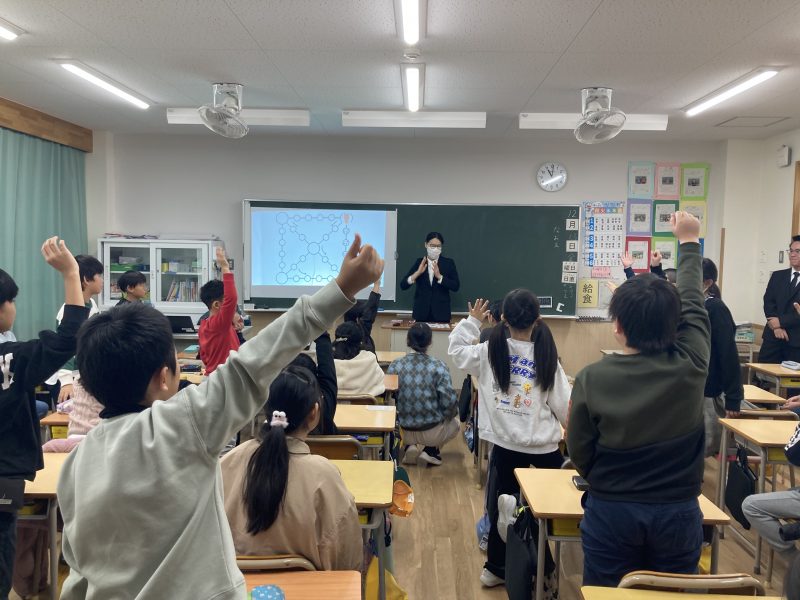
Students present their own culture and history at neighboring elementary schools and interact with each other by playing games and eating school lunch together.
Student Dormitory
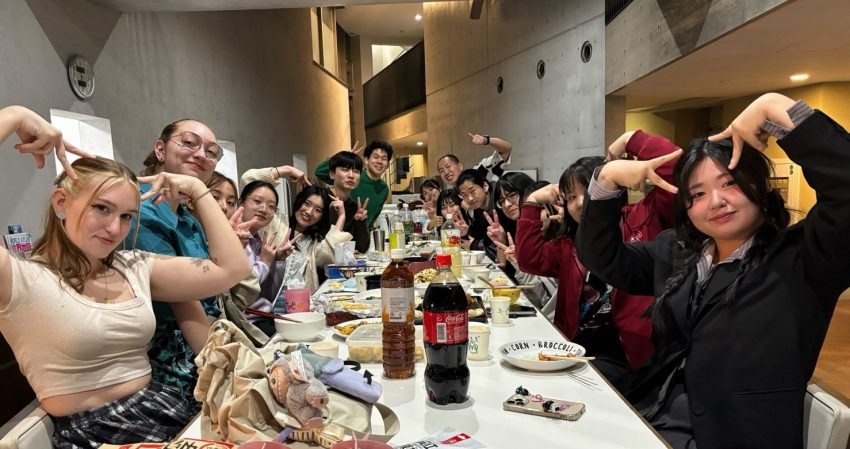
All participants in the Japan Study Program from partner universities overseas live in the student dormitory on campus. Rooms are for single or double occupancy and meals are self-catered.
A resident manager and Chubu University student resident advisors (RAs) provide support for daily life. There are also events in the dormitory planned by dorm residents and RAs, and international exchange opportunities with students not only from Japan but also from various other countries.
How to Apply
The Japanese Language and Culture Program is exclusively for short-term international students from Chubu University’s partner universities. Individual participation is not accepted. Please contact the department in charge of exchange programs at your home university for application procedures and conditions.

